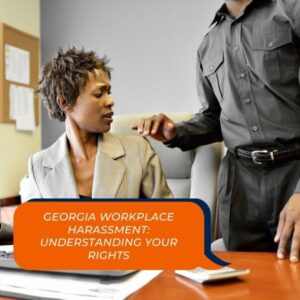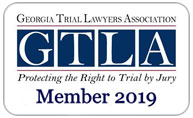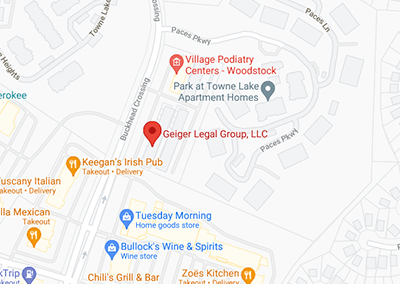Georgia Workplace Harassment: Understanding Your Rights

Everyone deserves a workplace where they feel comfortable and respected. Unfortunately, not all employees can experience this. Some suffer from workplace harassment from their co-workers and supervisors based on their characteristics, such as race, sex, religion, age, or disability.
If you’re suffering from harassment in the workplace, you should know it is against the law. You have legal rights and may be able to pursue compensation for the losses you’ve suffered. A compassionate Georgia workplace harassment lawyer can review your case and help you understand your options.
What Is Considered Workplace Harassment?
Workplace harassment involves unwelcome physical or verbal conduct based on sex, age, race, national origin, disability, religion, or other characteristics. It becomes illegal when a reasonable person would feel it’s hostile, intimidating, or abusive. It may include slurs, offensive jokes, physical attacks, threats, mockery, insults, and other interference with work performance.
Harassment occurs in a variety of ways, such as the following:
- Harassers may include the victim’s supervisors, co-workers, and non-employees.
- The victims include anyone affected by the harassment, not just the person being harassed.
- Harassment doesn’t have to mean the victim suffers economic losses.
Types of Workplace Harassment
Workplace harassment can happen in several ways and may not always be obvious. Some common workplace harassment examples include the following:
- Harassment based on race, gender, religion, disability, sexual orientation, and age
- Sexual harassment
- Physical harassment
- Verbal harassment
- Power harassment
- Psychological harassment
- Cyberbullying
- Retaliatory harassment
What To Do If You’re Experiencing Workplace Harassment
You shouldn’t have to suffer in silence while facing harassment at your job. Severe workplace harassment is illegal, allowing you to take legal action. Your first step should be reporting it to your employer. If they refuse to take any measures to stop the harassment, you may then be able to file a workplace harassment claim.
To pursue a settlement with an employer or sue for damages in court, an employee suffering from workplace harassment can file a claim with the Equal Employment Opportunity Commission or the Georgia Commission on Equal Opportunity. This generally requires that the employer knew or should have known about the harassment and didn’t try to stop it.
Workplace harassment laws that protect employees from employment discrimination include the following:
- Title VII of the Civil Rights Act of 1964
- The Age Discrimination in Employment Act of 1967 (ADEA)
- The Americans with Disabilities Act of 1990 (ADA)
You should also contact an experienced workplace harassment attorney as soon as possible. They can help determine if you have a case, gather evidence, and file a claim to seek compensation.
Contact Our Georgia Workplace Harassment Lawyers Today
If you’re experiencing workplace harassment, you don’t have to face it on your own. Our skilled legal team can help you pursue a workplace harassment lawsuit in Georgia to seek justice and compensation. Call or contact our workplace harassment attorneys at Geiger Legal Group, LLC for a free consultation today.














